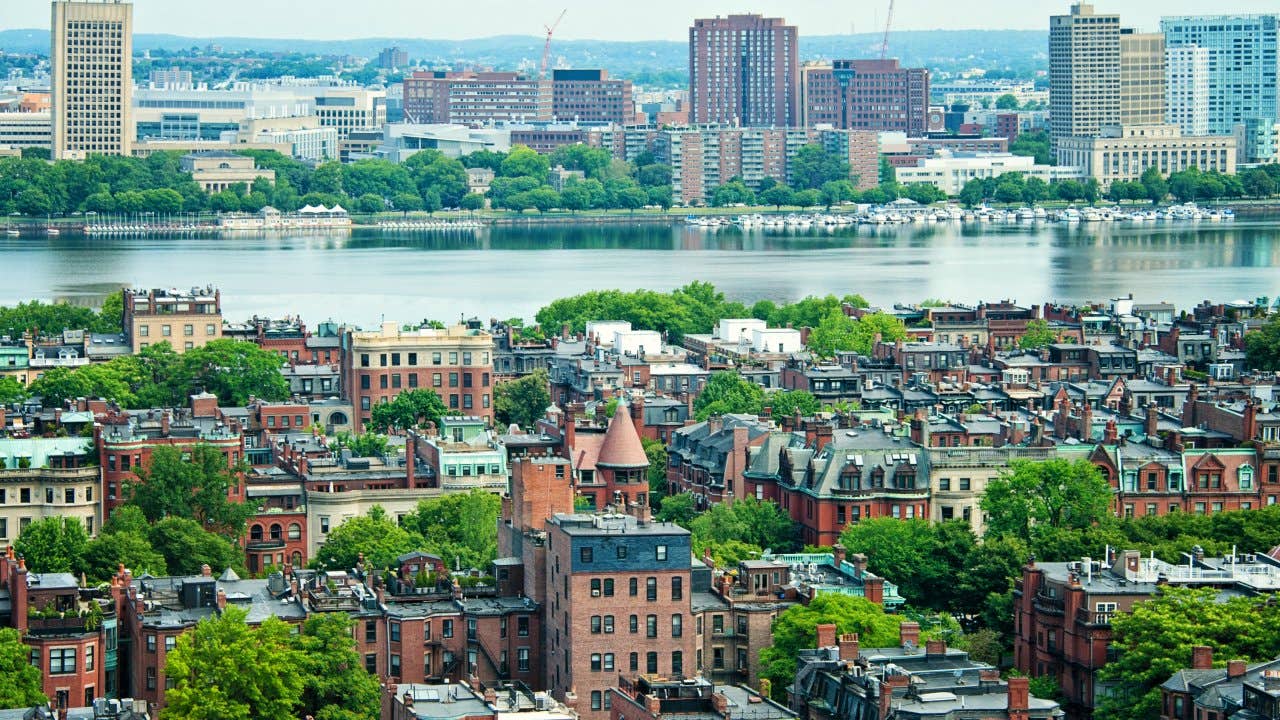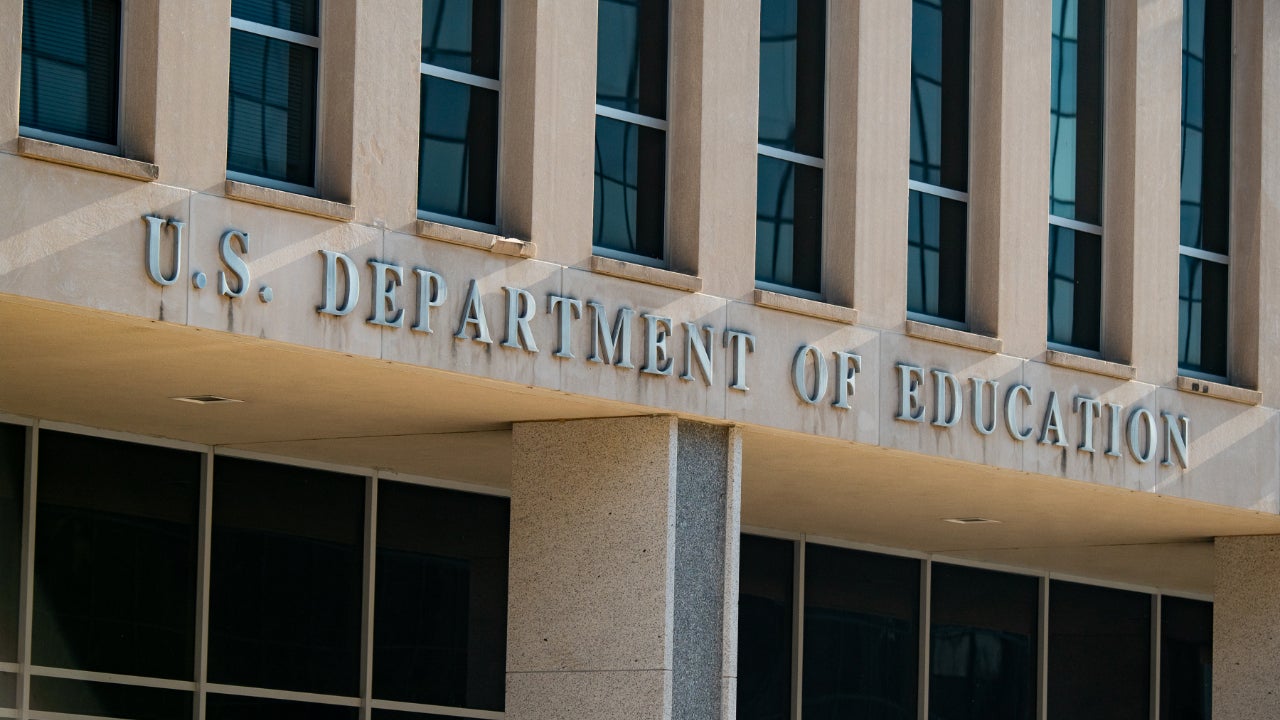Who pays closing costs in Massachusetts?

The Bay State has a relatively pricey real estate market — the median sale price for a single-family home was $600,000 in September, according to the Massachusetts Association of Realtors. That’s significantly above the nationwide median of $394,300.
On top of that, closing costs must be factored in for any real estate transaction. So, how much are closing costs in Massachusetts? And who pays for what? We break it down below.
How much are closing costs in Massachusetts?
The rate of closing costs can vary widely by state, and they depend heavily on how expensive the home is. The higher the price tag, the more costs there will be to pay. Data from CoreLogic’s ClosingCorp shows that the Massachusetts average is 1.3 percent of a home’s purchase price (not including real estate commissions). Luckily for Bay Staters, that’s much lower than neighboring states: In Connecticut the average rate is 2.1 percent, New Hampshire averages 2.3 percent and New York is an even higher 3.1 percent.
On a median-priced $600,000 Massachusetts home, 1.3 percent comes to $7,800 in closing costs. However, prices will be much higher in some Massachusetts markets than others. For example, the median sale price in Boston, per Redfin, is well above the statewide median at $770,000 — a home of that price would incur just over $10,000 in closing costs. But in Springfield, where the median is a far lower $275,000, closing costs would come to just $3,575.
Who pays closing costs in Massachusetts, buyers or sellers?
As in any state, both buyers and sellers pay closing costs of some sort in Massachusetts. But fortunately, neither party is on the hook for the full amount. Here’s a rundown of who usually pays for what.
Closing costs for buyers
The biggest closing costs for homebuyers are an array of fees related to securing a mortgage. These vary from lender to lender, so it’s important to shop around to see who can offer you not only the best interest rate but also the lowest fees. Lender-related closing costs often include:
- Application fees
- Credit check
- Loan-origination fees
- Document preparation and processing fees
- Home appraisal cost
- Mortgage points (if you choose to purchase them)
- Title insurance and title search costs
- Escrow fees for prepaid homeowners insurance and property tax funds
In addition, it’s smart for buyers to get a home inspection. This crucial step, which will give you a professional assessment of the property’s condition, typically runs a few hundred dollars.
Closing costs for sellers
Sellers have their own set of closing costs, the biggest of which will be the commissions paid to the real estate agents involved in the transaction. This usually comes to between 5 and 6 percent of the sale price, which gets split between the two (yes, sellers are responsible for paying both their own agent and the buyer’s). On a median-priced $600,000 sale, 6 percent is a hefty $36,000.
Beyond that, here are some of the typical closing costs that sellers will shoulder:
- Transfer taxes: Most states levy a real estate transfer tax, which covers the transferral of ownership from the seller to the buyer. In Massachusetts, this is typically paid for by the seller and runs $2.28 per every $500 of property value. On a median-priced $600,000 home, that comes to $2,736.
- Property taxes and HOA fees: Sellers accrue property taxes and HOA fees (if applicable) up to the closing date, so any outstanding fees will need to be settled up.
- Existing mortgage payoff: If you still have a mortgage on the home you’re selling, you’ll likely be charged a nominal fee to wire the remaining funds to your mortgage company.
- Concessions: How eager are you to make the sale? If you offer seller concessions to the buyer, such as agreeing to pay to repair issues found in the home inspection, that amount will be part of your closing costs.
Lowering your closing costs in Massachusetts
If you’re looking for ways to lower the amount you’ll pay at closing, there’s good news for both buyers and sellers: Closing costs are often negotiable.
For homebuyers, comparison shopping your mortgage lender options can go a long way here — look at fees and services offered among local lenders to see where you can get the best deal. Negotiating with the seller for concessions can also save you money, especially if issues are found in the home inspection. You might not have a ton of leverage given the seller-friendly state of the Massachusetts housing market, but many sellers are willing to compromise a bit in order to get the deal done. And if you’re buying a home for the first time, look into whether you’re eligible for any of Massachusetts’ first-time buyer assistance programs, which can help cover closing costs and down payment expenses.
Sellers can save money, too, primarily by negotiating the Realtor commission on the sale. With the Bay State’s high prices, even a small discount can mean big savings: On a median-priced $600,000 property, the difference between a 5 percent and 6 percent commission comes to $6,000.
Find a local real estate agent
Whether you’re planning to buy or sell a Massachusetts home, get the right pro in your corner. A knowledgeable local agent can provide sellers with pricing clarity and high-level marketing skills, while an agent who knows the area well can help sellers find the best possible options in their price range. Bankrate can help match you up with an experienced agent in your area.
FAQs
-
Buyers usually have more line items to handle when it comes to closing costs, but the seller pays their fair share as well. The bulk of a seller’s closing costs are typically in real estate agent commissions, and in Massachusetts sellers must pay a state transfer tax as well.
-
The priciest closing cost is typically real estate agent commissions, which are paid for by the seller. These are a percentage of the home’s sale price — usually somewhere between 5 and 6 percent — which can be significant given Massachusetts’ high prices. On a median-priced $600,000 home, the commissions will run between $30,000 and $36,000, split between both agents involved in the sale.
Why we ask for feedback Your feedback helps us improve our content and services. It takes less than a minute to complete.
Your responses are anonymous and will only be used for improving our website.






